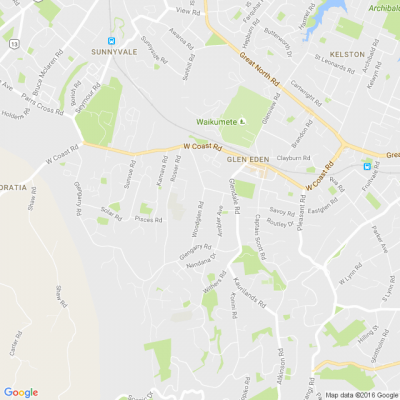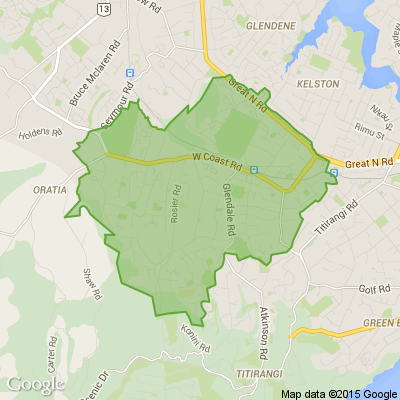Community vs Personal Responsibility in NZ politics
I'm German (and the densely populated Germany is MUCH more environmentally aware and active than the sparsely populated NZ - recycling here is atrocious), I have always considered myself as being center left, think that most of the time "the needs of the many surpass the need of the one" (unless the need of the one is extreme), think that cooperation can move mountains and bring a man to the moon, but I do NOT understand the policy decisions in NZ.
First a tax system that is badly skewed to benefit the rich. On the one end people are being taxed from the first dollar they earn (other countries don't tax the minimum amount required to survive), and on the other end there is no capital gains tax (for many rich people money, shares, art, property is the biggest income). I'm happy for the rich to be rich - but how come someone on a low income with a family to support might have to pay more tax than someone who is living off his considerable wealth? Or as a "VIP" once said: "Only poor people pay tax".
Now they want to ditch the garbage tags. Being German I recycle extensively, compost, buy sustainably if I can afford it - so I fill a bin about every 8-10 weeks. Why should I subsidise those who produce a lot of garbage whose removal has to be paid for by the community?
Next they want to introduce a rate for being connected to electricity. Maybe $40 per month - with additional charges for how much you use. Allegedly it would be cheaper - but nobody can tell me why it would be cheaper. And it would completely destroy any incentive for private households to install solar - what's the point if you have to pay $40 for the privilege of being connected anyway? Less solar means more CO2. How does that square with the goal of becoming carbon neutral?
Instead of harnessing personal responsibility and the desire to save money, everything seems to become a buffet for everyone - where nobody wants to be "taken advantage of" so nobody saves and holds back because - lets face it - people tend to get greedy.
These decisions fly in the face of not just fairness, but common sense. You really have to wonder how politicians arrive at them. Only thing I can think of is if they got incentives …
🧩😏 Riddle me this, Neighbours…
I am an odd number. Take away a letter and I become even. What number am I?
Do you think you know the answer?
Want to stop seeing these in your newsfeed? No worries! Simply head here and click once on the Following button.

Scam Alert: Bank cold calls
ASB is warning customers about reports of cold calls from scammers claiming to be from ASB. These scammers are trying to obtain personal information, including usernames, dates of birth, and verification codes sent to your mobile phone.
🛡️ The "Caller Check" Test
If you get a call from someone claiming to be from ASB and you’re unsure, just ask them for a Caller Check. You will then be able to verify the call through the app.
Remember, banks will:
❌ Never ask for your banking passwords, PINs, or verification codes
❌ Never need to know your full credit card number – especially the CVC
❌ Never ask you to download software or remotely access your device
❌ Never ask you to purchase gift cards or transfer funds.
If you have received a phone call and think your account has been compromised, call ASB on 0800 ASB FRAUD (0800 272 372), or visit your local branch.

Balms and butters
So i still have a few of my tins and jars left of kawakawa balms and shea butters , however for this week i will be dropping the prices just for this week. (= if your interested pm for details please, can deliver west








 Loading…
Loading…